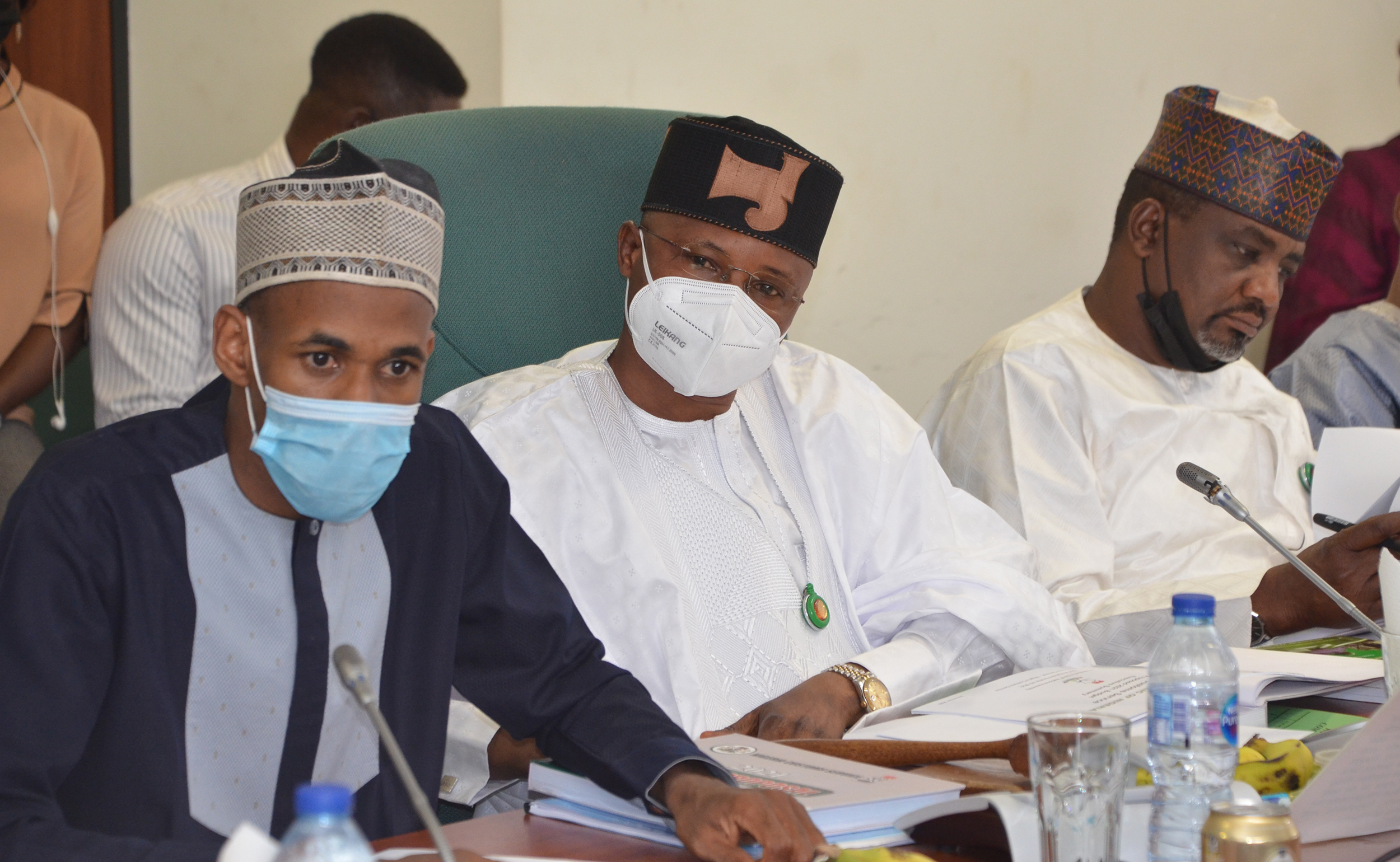Business
Customs Rakes In N241.9bn Revenue

Officers of the Nigeria Customs Service (NCS) raked in a whopping sum of N241,903,781,854.46 in August, which is the highest the service has achieved in 2022.
The collection is coming at a time the Federal Government’s crave for revenue is heightened by dwindling revenue from the oil sector.
According to a cumulative table of monthly revenue collections by the NCS, sighted by The Tide’s source, the service collected a total of N1,755,386,486,390.02 from January to August 2022.
The cumulative collection is N363, 436,321,614.95, which is higher than the N1,391,950,164,775.97 collected from January to August 2021.
Federal Government’s focus on non. Oil revenue sources has increased in recent times leading to higher expectations from organisations like the Federal Inland Revenue Service (FIRS), Nigerian Ports Authority (NPA), Nigerian Maritime Administration and Safety Agency (NIMASA), and other revenue collecting bodies.
The country plans borrowing N11trillion to fund the 2023 budget in addition to selling of some national assets
This was disclosed recently by Minister of Finance and National Planning, Mrs Zainab Ahmed, who also said the government’s budget deficit was expected to exceed N12.42 trillion if it should keep petroleum subsidy for the entire 2023 fiscal cycle.
Ahmed had disclosed this while appearing before the House of Representatives Committee on Finance to defend the 2023-2025 Medium Term Expenditure Framework (MTEF) and Fiscal Strategy Paper (FSP).
Explaining two scenarios of the budget deficit to the committee, the Minister said the first option involves retaining the petroleum subsidy for the entire 2023 fiscal year.
According to her, in the first scenario, the deficit is projected to be N12.41 trillion in 2023, up from N7.35 trillion budgeted in 2022, representing 196 per cent of total revenue or 5.50 per cent of the estimated GDP.
In this option, she added, the government would spend N6.72 trillion on subsidy.
Ahmed said the second option involves keeping subsidy till June 2023 and that this scenario will take the deficit to N11.30 trillion, which is 5.01 per cent of the estimated GDP.
In this option, PMS subsidy is projected to gulp N3.3 trillion.
Business
Customs Seek Support To Curb Smuggling In Ogun

Business
IFAD: Nigeria Leads Global Push For Youth, Women Investment In Agriculture
Business
Expert Tasks FG On Food Imports To Protect Farmers

-

 Politics3 days ago
Politics3 days agoAPC Releases Adjusted Timetable For Nationwide Congresses, Convention
-

 Business3 days ago
Business3 days agoCustoms Seek Support To Curb Smuggling In Ogun
-
Sports3 days ago
DG NIS Wants NSC Board Constituted, Seeks Increased In Funding
-

 Sports3 days ago
Sports3 days agoSWAN Rivers Set-up Five Functional Committees
-
News3 days ago
Police Bust Kidnapping Syndicate In PH
-
Sports3 days ago
NSC Disburses N200m Training Grants To 26 Athletes
-

 Featured3 days ago
Featured3 days agoINEC Proposes N873.78bn For 2027 Elections, N171bn For 2026 Operations
-
Sports3 days ago
‘NTF Will Build On Davis Cup Success For Brighter Future’

